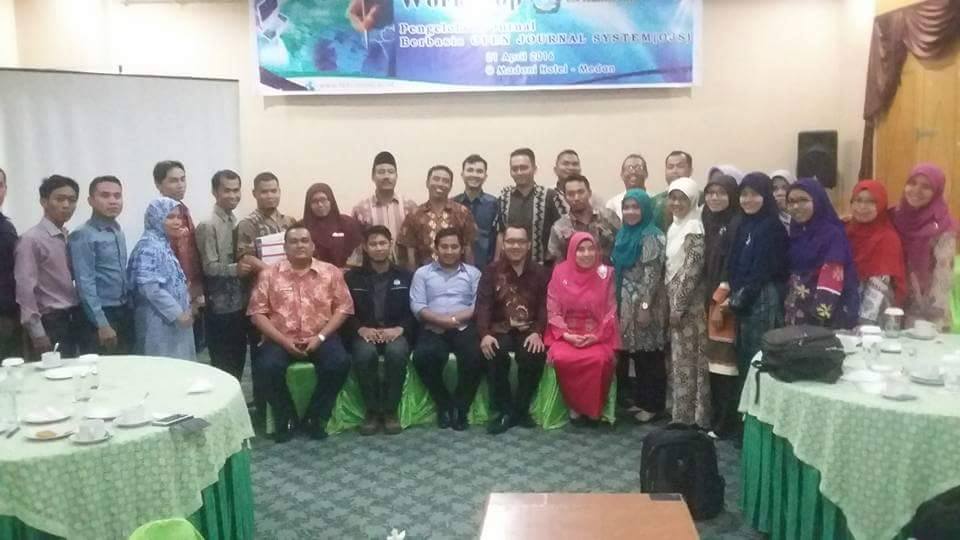KONSEP UNDIAN BERHADIAH DALAM Q.S AL-MAIDAH AYAT 90 MENURUT TAFSIR AL-MISBAH
Abstract
This study aims to explain the concept of lottery prizes in Q.S Al-Maidah verse 90. This is related to the phenomenon of giving raffle prizes from producers to consumers as a marketing strategy to increase buying interest. The prize draw in question is by providing certain conditions for customers, such as having to purchase coupons or shopping for certain products or at a certain price to be able to get the lucky draw voucher/coupon. The research method used is qualitative analysis. By analyzing the lottery, including the words azlam (drawing fate with arrows) or maysir (gambling) contained in QS. Al-Maidah verse 90. From the results of research conducted by the authors, it is concluded that the lottery with prizes is categorized as haram if it contains the following elements: 1) Maysir (gambling) which is a lot of luck where consumers will be anxious to get big prizes in an easy way. 2) Tabdzir, namely using property for something that is not useful according to the provisions. 3) Gharar, namely the uncertainty of participants to get prizes in an activity that is not clear (of a deceptive nature) by the producer/service provider through the trick of promising gifts or bonuses. 4) Dharar, namely endangering other people as a result of a hidden gambling game that is misleading by giving a winning prize on top of the losses and losses suffered by other participants. 5) Ighra 'that is making empty dreams where consumers will naturally fantasize about expecting a tempting gift. As a result, it creates a lazy mentality to work because to get the prize, it is enough to wait for the announcement. 6) Israf, namely waste, where participants spend money beyond their reasonable needs.
Keywords
Full Text:
PDFReferences
Al-Qurthubi, Tafsir Al-Qurthubi jilid 6, (Jakarta : Pustaka Azzam)
Dahlan, Abdul Aziz. Ensiklopedi Hukum Islam. (Jakarta: PT
IchtiarBaru van Hoeve, (1996) Erwandi, Harta Haram Muamalat Kontemporer, (Bogor : CV Penerbit J-Art, 2016)
Fatwa Majelis Ulama Indonesia Nomor 09 Tahun 2008 tentang SMS hadiah Hamka, Tafsir Al-Azhar, (Pustaka Nasional PTE LTD Singapura)
Gea, D. (2022). Konsep Undian dalam Tafsir Rafiq Yunus Al Mishri (Qs. Ash-Shoffat:141).Mubeza,11(1),42-51.https://doi.org/10.54604/mbz.v11i1.55
Mardani, Fiqh Ekonomi Syariah : Fiqh Muamalah, (Jakarta : Kencana, 2012)
Mukhsinun, 2020. „Undian Dan Lotere Dalam Perspektif Masail Al-Fiqhiyyah‟ Labatila : Jurnal Ekonomi Islam, Vol 3 No. 02 (2020) : 16-26 https://doi.org/10.33507/lab.v3i02.237
Risma Nur Aulia. 2020. "Tinjauan Yusuf Qardhawi terhadap Undian Berhadiah Umroh untuk Menarik Konsumen Pada Produk Luwak White Kofie". In Prosiding Hukum Ekonomi Syariah, Vol. 6 No. 02 (2020) : 430-435. Universitas Islam Bandung : LP2M Universitas Islam Bandung. http://dx.doi.org/10.29313/syariah.v6i2
Shihab, M.Quraish. Tafsir Al Misbah : pesan, kesan dan keserasian Al-Qur'an, jilid ke 3 (Jakarta : Lentera Hati, 2002)
Sudiarti, Sri. Fiqh Muamalah Kontemporer, ( Medan : FEBI UINSU Press, 2018)
Tarigan, Azhari Akmal. Tafsir Ayat-ayat Ekonomi : Sebuah Eksplorasi Melalui Kata- kata Kunci, (Bandung, Ciptapustaka Media Perintis, 2012)
DOI: http://dx.doi.org/10.30829/hf.v9i2.13627
Refbacks
- There are currently no refbacks.
Indexed by:



_-_Copy3.png)














